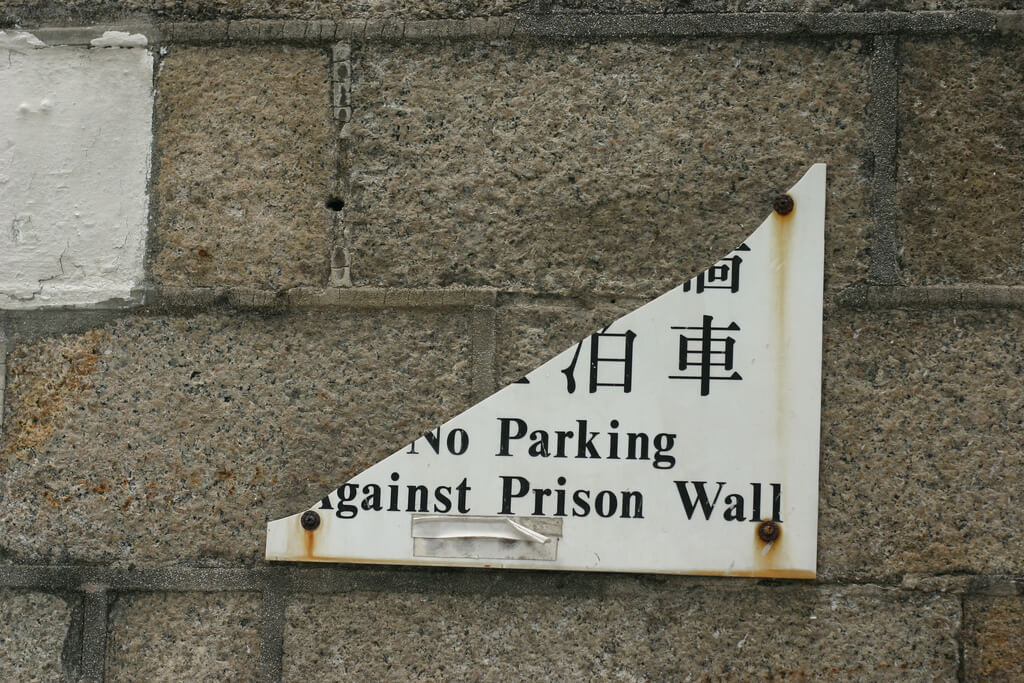The People’s Bank of China recently announced its decision to introduce a complete ban on ICOs, a stunning move that sent shockwaves throughout the world. The global blockchain is abuzz, parsing this decision and its potential consequences.
Many believe it will impede innovation, making access to funds to launch new ideas to life difficult. Others expect that many Chinese businesses will relocate to other markets. But everyone agrees on one thing: the implications will be vast.
“China just joined the list of countries which made their official statements about ICOs, reminding everyone that tokens could be securities and, as such, their sale through an ICO is illegal if it does not follow the law of the land,” says Katrina Arden, an attorney with numerous US-based ICOs under her belt and currently a legal counsel at ICOBox, a premier provider of SaaS ICO solutions.
Katrina continues: “Unfortunately, there have been a lot of ICOs recently that were conducted in violation of the securities law of many countries. It is a very important and positive development that governments of countries such as U.S., Singapore, and China are letting the ICO market players know the rules of the game, and what regulations they need to obey. But not all ICOs are illegal. Tokens could still be sold to public as long as their sale complies with the relevant laws.”
The blanket Chinese ban is in stark contrast to the approach of such countries as Switzerland and Singapore, which have created favourable environments for new financial technologies and cryptocurrencies.
Russia is presently contemplating allowing digital currencies to trade on the Moscow exchange. The US and UK are taking a more guarded “wait and see” approach, stepping in to protect the investors as needed but otherwise allowing startups to play in the sandbox and test new financial tools.
Each market has its own priorities and legal frameworks which determine their approach to the industry’s legal regulation. But all of them have one thing in common: In different measures they all protect investors from being taken advantage of.
The Hong Kong regulator Securities and Futures Commission cautions, “Where the digital tokens involved in an ICO fall under the definition of “securities”, dealing in or advising on the digital tokens, or managing or marketing a fund investing in such digital tokens, may constitute a “regulated activity. Parties engaging in a “regulated activity” are required to be licensed by or registered with the SFC irrespective of whether the parties involved are located in Hong Kong, so long as such business activities target the Hong Kong public.”
In its turn, the US Securities and Exchange commission (SEC) keeps close tabs on the ICO market. Until recently it has refrained from intervening. But several months ago it concluded its investigation of the entity called the DAO, which, having collected about $150 million in ETH, was hacked and lost about $60 million.
Many people were left with nothing, forcing the SEC to get involved and issue a verdict. The SEC ruled that “all offers and sales of digital assets by “virtual” organizations are subject to the requirements of the federal securities laws… the DAO tokens were, in fact, securities and, therefore, subject to federal law.”
The regulatory logic in this case is quite clear: If an ICO is conducted with the exclusive purpose to collect funds to underwrite certain activities, it is an investment offer and, as such, must strictly follow the established procedure. To determine whether a particular token is a security, the agency applies the Howey test (and several others): if a token offered for sale is not a veiled security but a valid product or service readily available for use, such token can be sold to the public just like any other product or service.
“I personally don’t think that the recent ban signifies the death of the ICO market,” says Mike Raytsin, the CEO of ICOBox. “The regulators made their preferences clear, and clarity is always better than confusion. The ICO market has had its share of debacles, and caution is the name of the game.”
Mr. Raytsin continues: “I understand the People’s Bank of China motivation, but I think it will just reshape the market, not kill it. Where Chinese-language startups used to reach for the services of domestic Chinese agencies, they will now be moving to other jurisdictions and seeking help conducting their crowdsales elsewhere. The concern is real and justified. But we’ll see how the cookie ultimately crumbles.”
